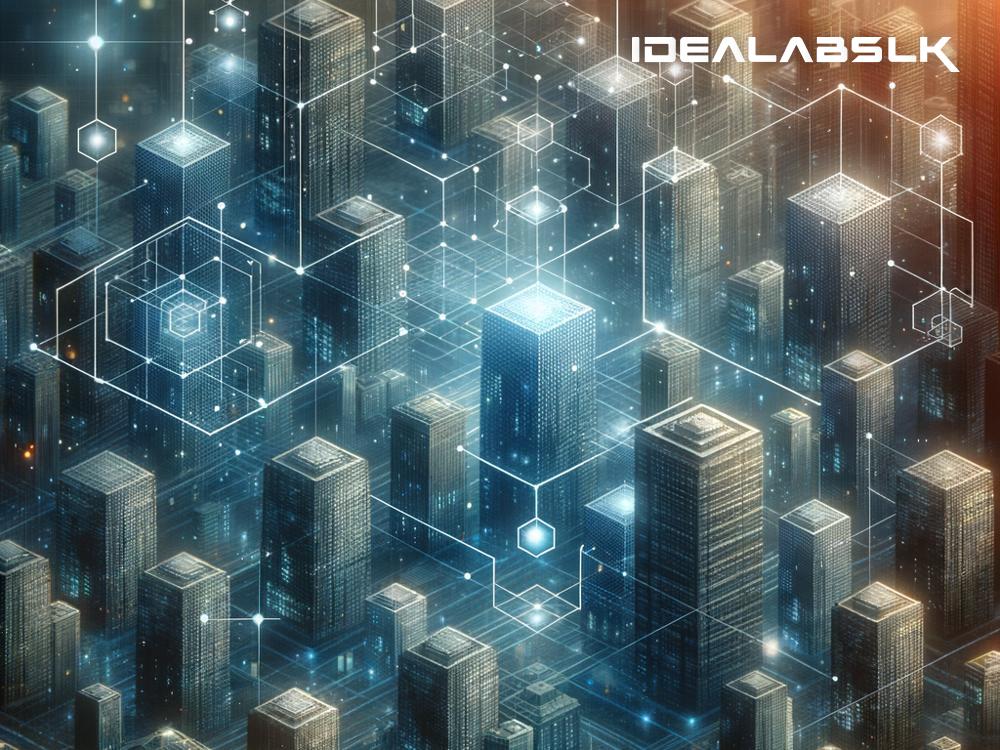Blockchain: Speeding Up Real Estate Transactions
In the world of real estate, the journey from deciding to buy a property to actually owning it is often long and winding. Traditional real estate transactions are notorious for being slow, complicated, and riddled with paperwork. Here, Blockchain technology shines as a beacon of efficiency and simplicity. Let's delve into how Blockchain is revolutionizing the way we buy and sell real estate, making transactions faster, more reliable, and incredibly transparent.
What is Blockchain?
At its simplest, Blockchain is a type of database. It's a digital ledger that records transactions in a way that makes it difficult to hack, change, or cheat the system. Imagine it as a book where each page (block) contains a number of transactions. Once a page is full, it’s added to the book (chain) in a linear, chronological order. Each block is connected to the ones before and after it, creating an unbreakable chain. Unlike traditional databases, which store data in one central location, Blockchain distributes copies of the ledger across a network of computers. This feature ensures that no single entity has control over the entire database, enhancing security and transparency.
The Snail's Pace of Traditional Real Estate Transactions
Buying or selling property is far from quick. First, there’s the process of listing a property or finding one to buy, then inspections, negotiations, and finally, the closing phase. The paperwork alone can be daunting - contracts, title searches, mortgage documents, and more. Every step involves different parties: buyers, sellers, agents, lenders, and lawyers. Coordinating between them all adds time and complexity. Moreover, the reliance on physical documents and centralized institutions (like banks) for verification and approval slows things down even more.
Speeding Up the Process with Blockchain
Blockchain technology addresses these delays head-on. Here's how:
-
Smart Contracts: These are self-executing contracts where the terms of agreement are directly written into lines of code. The code and the agreements contained therein exist across a distributed, decentralized Blockchain network. In real estate, smart contracts can automate many steps in the buying and selling process, like verifying financial qualifications, processing payments, and transferring property titles. This automation drastically reduces the time needed for these transactions.
-
Streamlined Payments: Blockchain allows for the use of cryptocurrencies like Bitcoin or Ethereum for transactions. This can simplify and speed up payments, avoiding the delays that come with traditional bank transfers or the processing of cheques.
-
Transparent and Secure Transactions: Every transaction on a Blockchain is recorded and easily verifiable by all parties involved. This transparency reduces the need for extensive audits or reassurances. The security of Blockchain also minimizes the risk of forgery and fraud, making the exchange of property safer.
-
Decentralization: With Blockchain, there's no need for a central authority like a bank or a government entity to oversee transactions. This cuts down on bureaucratic red tape and can significantly reduce closing times.
-
Efficient Record Keeping: Blockchain can store property records, legal documents, and more. These records are permanent, easily accessible, and transparent. This not only makes the initial transaction quicker but also simplifies any future transactions involving the same property.
Real-World Examples and the Future
Several real estate platforms and companies are already harnessing the power of Blockchain to speed up transactions. For instance, Propy is a global real estate marketplace that uses Blockchain to simplify the buying process, allowing customers to search for properties, make an offer, and complete the purchase online. This is just the tip of the iceberg. As more industries grasp the advantages of Blockchain, we can expect to see further integration into the real estate market.
Conclusion
The real estate industry is ripe for innovation, and Blockchain technology is leading the charge. By making transactions faster, more secure, and transparent, Blockchain is not just changing the way we buy and sell property; it's fundamentally shifting the dynamics of real estate economics. Although it may take some time for widespread adoption, the potential benefits are clear. As we move forward, the marriage of real estate and Blockchain promises to streamline processes, reduce frustrations, and make property transactions as efficient and hassle-free as possible.

